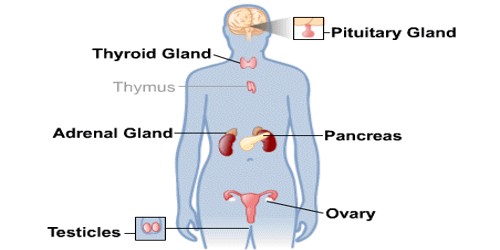The belief that fitness trackers, pedometers, and smart watches encourage us to exercise more and lose weight has been validated by new research from Australian researchers, which supports the belief of millions of people worldwide.
Wearable activity trackers motivate us to walk up to an additional 40 minutes per day (or roughly 1800 additional steps), which results in an average 1 kg weight loss over the course of five months.
A analysis of nearly 400 studies including 164,000 participants who used wearable activity trackers (WATs) to track their physical activity was conducted by researchers from the University of South Australia.
Their findings, which were just published in the Lancet Digital Health, highlight the need of low-cost interventions to combat the rising epidemic of diseases like cardiovascular disease, stroke, type 2 diabetes, malignancies, and mental illness that are partly brought on by inactivity.
Although WATs are well-liked, there is considerable skepticism regarding their efficacy, accuracy, and whether they contribute to compulsive behaviors and eating disorders, but the evidence is overwhelmingly good, according to lead researcher Ty Ferguson, a UniSA PhD candidate.
Bearing in mind these were not weight loss studies, but lifestyle physical activity studies, so we wouldn’t expect dramatic weight loss. The average person gains about 0.5 kg a year in weight creep so losing 1kg over five months is significant, especially when you consider that two thirds of Australians are overweight or obese.
Professor Carol Maher
“The overall results from the studies we reviewed shows that wearable activity trackers are effective across all age groups and for long periods of time,” Ferguson says. “They encourage people to exercise on a regular basis, to make it part of their routine and to set goals to lose weight.”
Although a 1kg weight loss may not seem like much, researchers say it is significant from the standpoint of public health.
“Bearing in mind these were not weight loss studies, but lifestyle physical activity studies, so we wouldn’t expect dramatic weight loss,” says UniSA Professor Carol Maher, co-author of the review.
“The average person gains about 0.5 kg a year in weight creep so losing 1kg over five months is significant, especially when you consider that two thirds of Australians are overweight or obese.”
Wearable activity tracker shipments surged by over 1500% between 2014 and 2020, amounting to a $2.8 billion global expenditure in that year.
There is some evidence that fitness trackers can help persons with type 2 diabetes and other medical disorders lower their blood pressure and cholesterol in addition to the increased physical activity and weight loss associated with WATs.
“The other reported benefit is that WATs improved depression and anxiety through an increase in physical activity,” Ferguson says.















